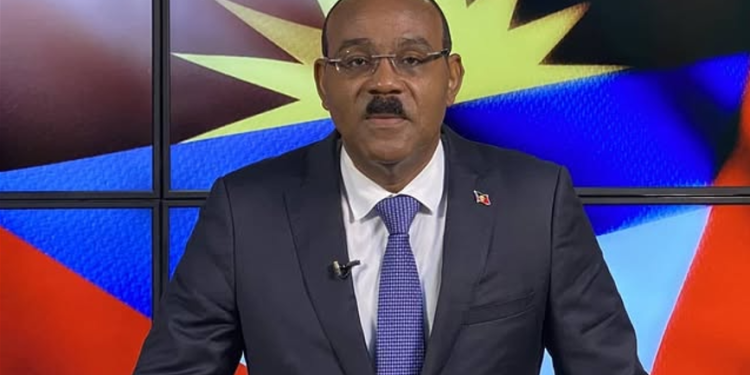Prime Minister Gaston Browne is concerned over the likely impact of the new round of tariffs that have just been announced by US President Donald Trump and how they will impact Antigua and Barbuda.
The prime minister noted that the amount of goods that are exported to the US from this country is negligible as there is a huge trade imbalance between the two countries that is highly skewed in the US favour.
However, the prime minister noted that the impact on the costs of goods entering the country from the United States could increase adding to the inflationary pressures.
“Where it will impact us is in the goods that we import from the US. What will happen is that goods imported into the US will become more expensive when those goods are then imported into Antigua and Barbuda. Even American made cars and other (US-made) products that we import from the US, we are likely to see an increase in those prices and that is extremely worrisome,” PM Browne observed.
As a consequence, the prime minister is encouraging residents to ‘shop smart’ and to purchase local goods as much as possible in face of this new challenge.
“It’s not the first time that we are faced with a significant challenge, in fact, we have become accustomed to challenges and we are a resilient people so I say to the people of Antigua and Barbuda that not withstanding these challenges, I am quite sure that we will surmount them but we have to be very intelligent about how we approach these issues, especially with the increase in prices. We have to buy smarter, buy local and using local substitute would be important in order to ensure that we do not have any significant impact from the expected increase in the cost of living,” he stated.
PM Browne revealed that the matter is being addressed at the CARICOM level with the pro tem chair, Prime Minister Mia Mottley of Barbados asked to write on behalf of the region to President Trump outlining the potential fallout from the new tariffs on the economies of the region.
He added that the region is looking forward to a favourable response as ‘these unintended consequences’ of US policies could destabilize the region.



